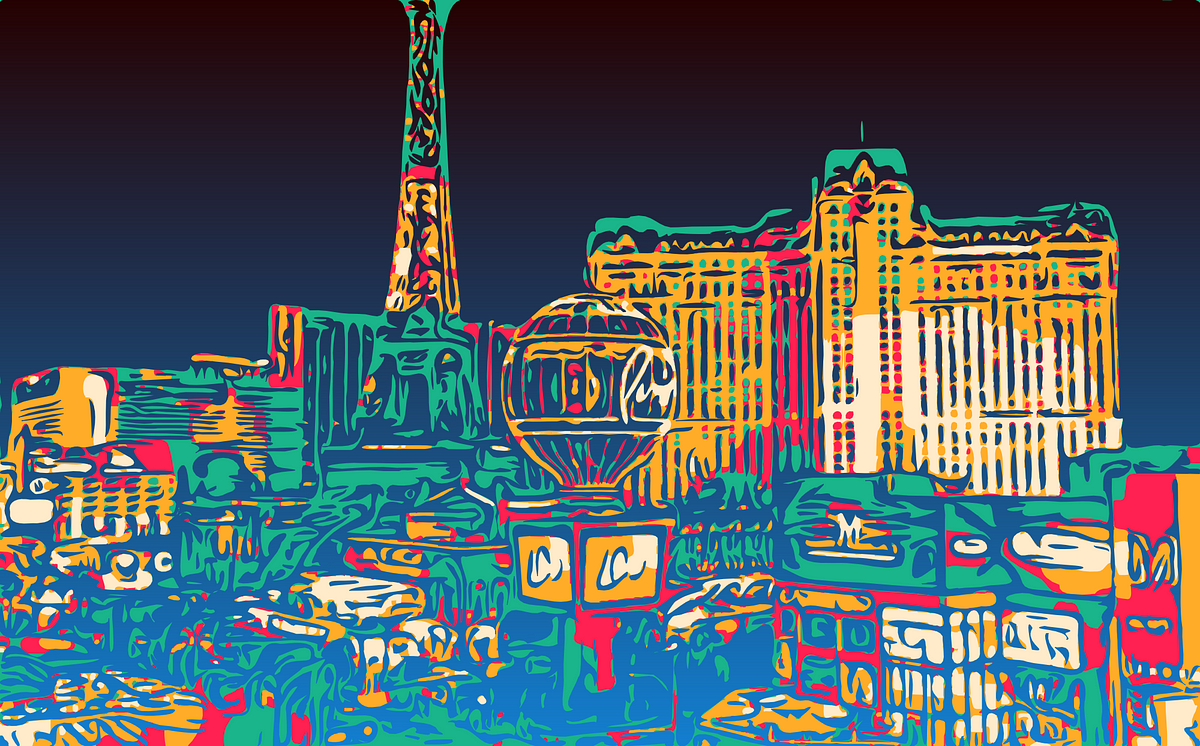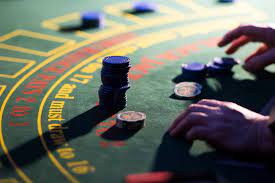The Rise of Eco-Friendly Casinos and Their Impact on the Environment
People are becoming more and more concerned with the environment. Even casinos that consume significant energy and produce tons of waste have started taking steps toward being more eco-friendly.
Caesars Casino stands as an exemplary example, regularly updating its environmental policies while also donating used toiletries to those in need – thus minimising waste while supporting local communities.
Caesars
While casinos may not seem to have much of an environmental impact, the truth is they do have one. Casinos consume massive amounts of energy 24 hours a day while tourists also leave behind significant carbon emissions when visiting.
Some casinos have made an effort to become more environmentally-friendly, using renewable sources of energy such as wind or solar power for their operations, or recycling rainwater to flush toilets.
Caesars Group Casinos take their environmental responsibilities very seriously. Working closely with Clean the World, they recycle any soap bars left unused by guests at Caesars casinos to provide these much-needed bars to those around the globe who require them, helping reduce disease caused by dirty hands. It has proven an incredible initiative that has successfully reduced healthcare costs associated with infection-causing conditions like diabetes and HIV.
Melco Resorts and Entertainment
Melco Resorts and Entertainment have taken several initiatives to reduce their environmental footprint. Melco was one of the first companies to sign the New Plastics Economy Global Commitment, an initiative pioneered by circular economy model. Furthermore, they aim to make their casinos as energy efficient as possible.
PESTEL analysis allows a company to gain an in-depth view of the macro environment it operates within. This comprehensive assessment examines factors related to political, economic, social, technological and environmental considerations; helping it understand its current market standing while making sound decisions regarding future growth opportunities.
Legal factors – There are various laws in various countries which govern the activities of companies, including data protection laws, discrimination laws, system of justice laws and copyright laws. Companies entering new international markets should carefully consider these regulations to prevent unnecessary lawsuits that could cause them great losses and the legal system can often take years to resolve disputes between disputants.
Singapore’s Marina Bay Sands
On Marina Bay’s waterfront, Singapore’s world-famous integrated resort boasts three hotel towers; an extraordinary Sands SkyPark that spans across both towers; an ArtScience Museum with lotus-shaped exhibits; state-of-the-art theatres; Las Vegas-style casinos; convention centres; exhibition halls and numerous dining and shopping options – making up its incredible array of facilities.
Garden terraces and public spaces form an intricate network that strengthens urban connections with their surroundings. Featuring tropical plants of various species, Moshe Safdie invited five international artists such as James Carpenter, Antony Gormley, Sol LeWitt and Chongbin Zheng to create site-specific monumental public art commissions that complement and energize his architecture and public spaces.
Marina Bay Sands is dedicated to reducing its environmental footprint and has implemented various eco-friendly initiatives since. Recently, they made the switch from conventional lighting to LEDs which reduced energy usage by 4 million kWh annually and will soon eliminate plastic straws and take-out cutlery, thus decreasing waste disposal to landfills by an estimated 1.2 million pieces annually.
The Venetian Macao
Casinos may be known for their bright lights, pulsing music and packed gambling floors; however, they also use considerable energy in running all their components. Luckily, the industry is taking steps to reduce its environmental impact.
Melco Resorts’ Beyond Sustainability strategy seeks to achieve carbon neutrality and zero waste across their properties by reducing energy consumption and supporting external emission reduction projects. In 2021, The Venetian Macao received PATA’s award for Climate Change Initiative.
The Venetian Macao is a luxury hotel and casino located in Macau, China. This 10-million-square-foot structure on Cotai Strip was inspired by its Las Vegas counterpart. As Asia’s largest single structure hotel (by floor area) as well as being awarded multiple awards including Macao Green Hotel Gold Award from EarthCheck Benchmarking Rating and EarthCheck’s Bronze Benchmarking rating from EarthCheck (an internationally recognized environmental performance standard), The Venetian has received many awards.




